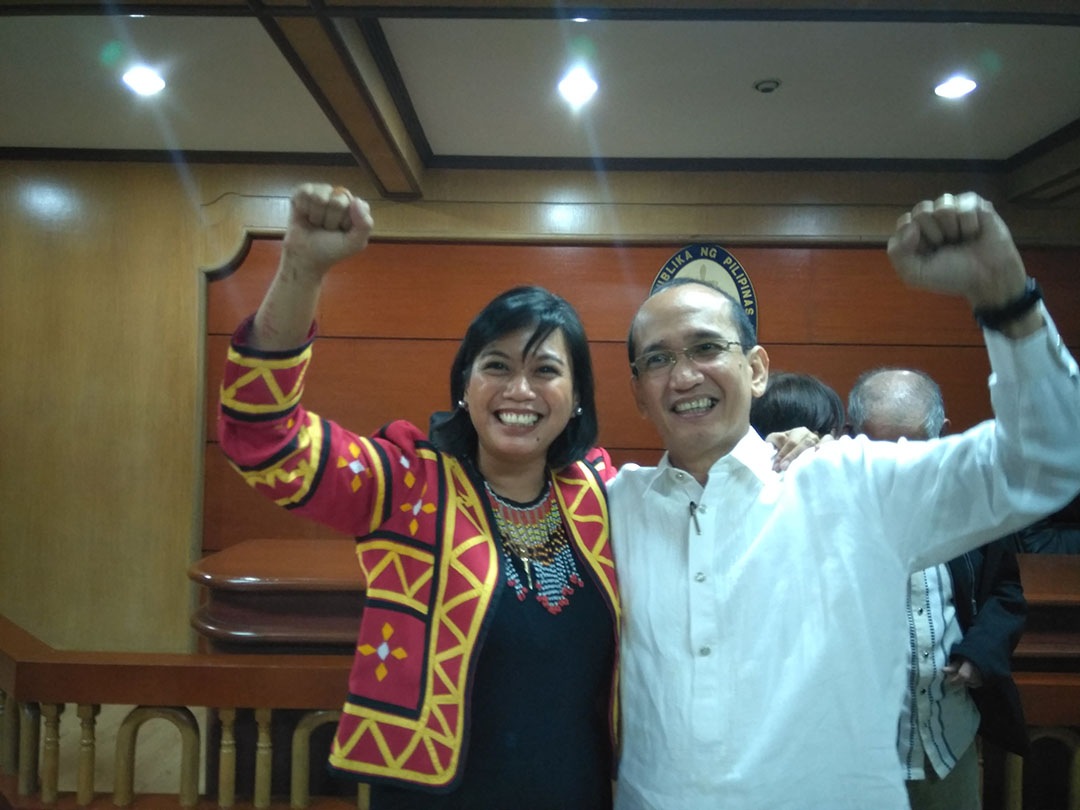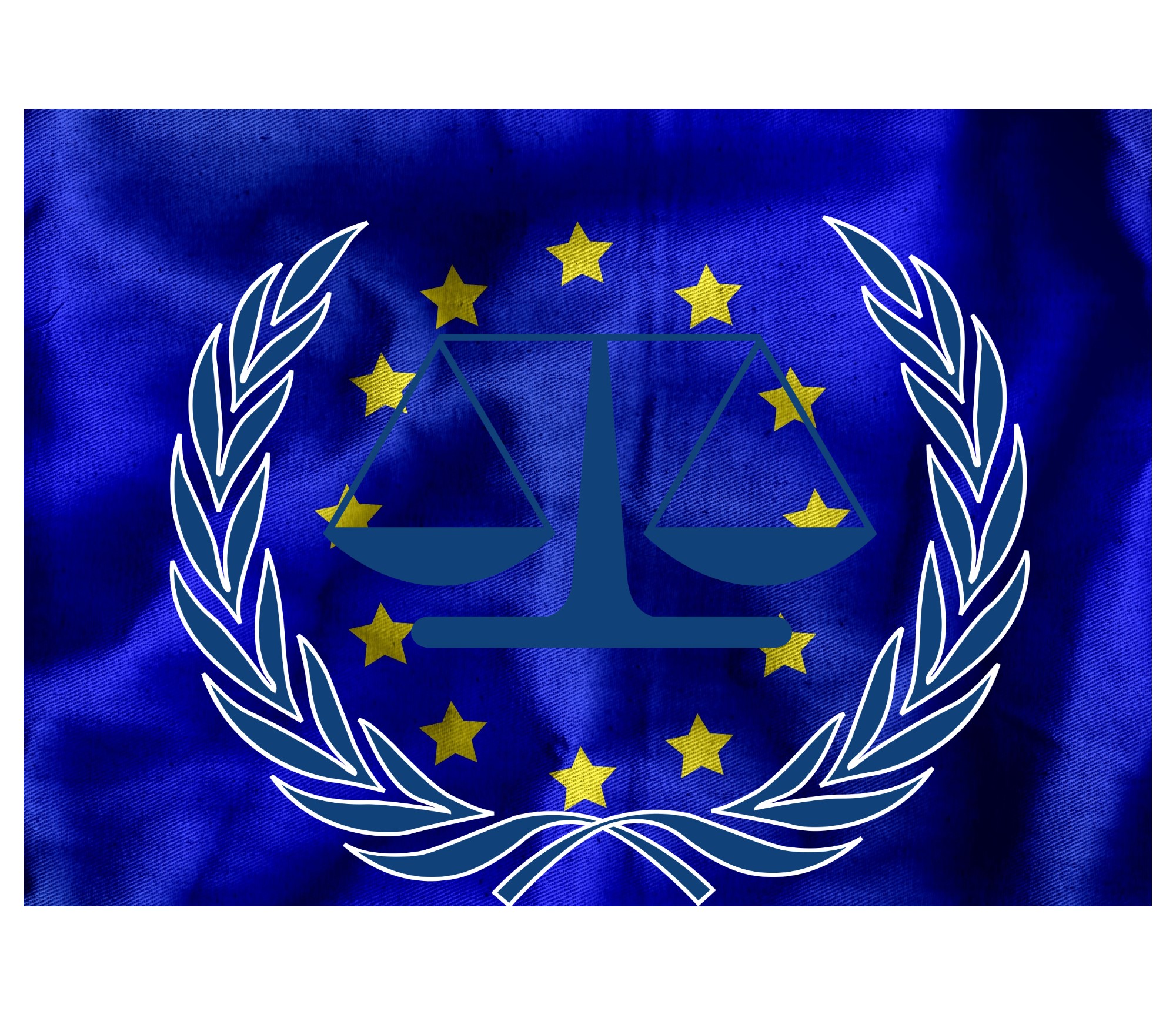Respect for the rule of law is one of the pillars of the European Union. It is enshrined in the founding treaties and the majority of EU Member States support its primacy. But what happens when a Member State does not respect the rule of law or indeed actively works to undermine it? This has been the case with both Poland and Hungary. It is also a concern with EU candidate states, Serbia and Montenegro. Should EU funding be tied to Rule of Law compliance? EU Commissioner for Values and Transparency, Věra Jourová, believes this is now necessary. She has recently made concrete proposals for how this could be done in the next EU budget.
The rule of law means that the law rather than individual people or political parties, is all powerful. It ensures that power resides in legal codes rather than power-hungry individuals or large, monopolistic organisations. In countries where the rule of law is weak or non-existent, it is fair to say that life for the average individual is likely to be more difficult. The rule of law is normally enshrined in a country’s constitution. In the case of the European Union, it is enshrined in the founding treaties, specifically the Treaty of Lisbon, which came into force in 2009. However, there is little reference made to how rule of law infringement might be dealt with. This is largely, Jourová, suggests, due to the optimism and naivety that accompanied the Lisbon Treaty. The desire for freedom and fairness was taken as given.
But electorates in Poland and Hungary have shown that this is not always the case. In Hungary, right wing nationalist party, Fidesz, lead by Victor Orban, has won seven consecutive landslide victories, in national, municipal and European elections since 2010. Orban has used his power to reform Hungary’s judicial institutions. He has also concentrated as much power as possible at central government level, while taking controlling of the national media. Hungary’s parliament recently voted by a two thirds majority to allow Orban’s government to rule by decree without a set time limit. This ruling includes steps to prevent fake news, by threatening individuals with between 1 and 5 years imprisonment for publication of untrue or distorted facts.
Will of the people?
In Poland, the ruling Peace and Justice Party has also enjoyed an absolute majority in both houses since 2015. This has allowed them to push through reforms that undermined the independence of the judiciary. For example, the European Court of Justice ruled at the end of last year that a disciplinary committee for judges was not in keeping with EU law. The introduction of a ‘muzzle law’ in January this year, was designed to discipline judges who question government judicial reforms.
The ruling party claims to represent traditional Catholic values and has strong support in the rural regions where it has rolled out approximately 15 billion euros worth of social welfare programmes. Parties like these provide security and apparent safety in times of uncertainty and the increasing pressures of globalisation. They epitomize the era of the nation state. An experience that many in Eastern Europe were robbed of, as they became Soviet satellites after World War Two.
Do not touch the independence of the sovereign state?
This issue of how to deal with rule of law infringements by European governments, elected by their citizens sits at the core of the European Union’s central dilemma. This is highlighted in the European Parliament, Jourova explains, where the division between those who say, ‘do not touch the independence of the sovereign state’ and those who say, ‘the Commission needs to be stronger’ is ever present. But the Commission’s toolbox is limited.
Article 7 is the strongest sanction the EU currently has to deal with Member States who have violated fundamentals rights. It is an infringement procedure that allows the EU Council to give a formal warning to the country in question. This may be followed by imposing sanctions and suspending voting rights. However, two and half years have passed since Article 7 was triggered against Poland and a year and a half since it was triggered against Hungary. No sanctions have been imposed nor voting rights suspended.
‘Those who don’t understand values, might understand money.’ – Vera Jourová.
Jourova admits that she previously launched numerous infringement cases as Justice Minister for the EU. However, these were always preceded by lengthy dialogues. She is currently in frequent dialogue with Hungary’s Minster of Justice regarding the situation in that country. However, in 2017 she proposed the connection of funding with the Rule of Law principle. ‘Those who don’t understand values, might understand money’, she says with resignation.
The Commissioner is hopeful that they will reach a consensus on this proposal in the next budget discussions. ‘We need it, we really need it’, Jourova concedes. Freedom House has recently categorized Hungary as a hybrid or transitional regime – it is no longer even a semi-consolidated democracy. Indeed together, Poland, Hungary, Serbia and Montenegro lead the so-called ‘Democratic Decline’ in Europe following a ‘decade of democratic deficits’.
We have come to a cross roads with the power of the European Institutions – Vera Jourová.
The Rule of Law problem is in fact part of a wider, more fundamental issue. How should power be divided between the EU bodies in Brussels and the national governments of the Member States? Croatia currently holds the EU presidency and made it clear that it prefers dialogue about rule of law issues with Hungary and Poland, rather than sanctions. The recent ruling of the German Constitutional Court regarding the actions of the European Central Bank is yet another example of a Member State pushing back against perceived primacy of EU doctrine.
Jourova agrees that this most recent development in Germany is worrying because it stands in direct opposition to the 2018 ruling of the European Court of Justice. We are indeed ‘at a cross roads with the power of the European Institutions’ she admits. The pandemic has simply highlighted this issue. But the Commissioner is positive. ‘Democracy is a discussion’. If this is true, the EU provides plenty of examples of democracy in action.


